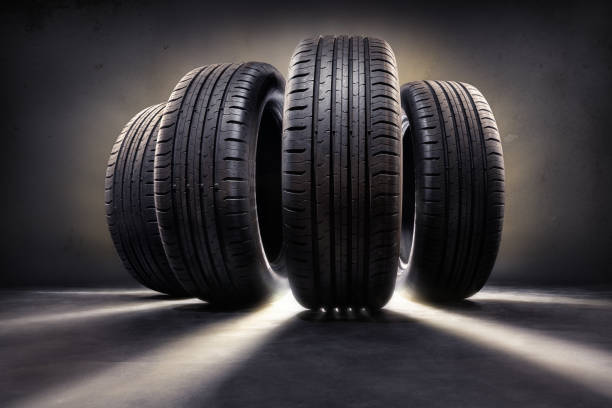Getting a vehicle is something almost everyone dreams of. The one thing people do not dream of is having to pay for its maintenance and constant care. Even so, the benefits one seeks to gain from owning a vehicle are multitude. Not only can it help you take almost anywhere, but it also saves you from the perils of rain, hail, snow and heat when travelling. Whilst using public transport one would have to face the aforementioned weather conditions when changing their mode of transportation but with a car, it will take you anywhere you, please. In the same way, your car can protect you from different weather conditions, your tyres protect your vehicle from the perils that are afflicted on the road surface because of said conditions.
Different seasons bring different challenges. In the summer, the heat is plenty and almost intolerable, in such conditions, tyres may have trouble handling. In the winters, the snow and ice can serve as a major obstacle to the tyres and a threat to the vehicle’s safety. In the rain or in wet conditions, Car Tyres Croydon needs to maintain appropriate traction with the road or they may skid causing accidents. Such is the ordeal tyres have to suffer given different climatic conditions, so what is the solution?
Several people remain conflicted about using summer tyres or winter tyres given the extreme weather conditions presented in the two temperatures. Whilst winter tyres are suited for temperatures below 7 degrees celsius, summer tyres should be used when the temperature rises above 7 degrees celsius.
Let’s analyze the specific features that summer tyres and winter tyres deliver:
- Summer tyres provide excellent traction and brilliant handling in summers. The manoeuvrability of the vehicle does not disappoint when these tyres are used. However, summer tyres provide bad traction in winters because of their hard rubber compound that becomes hard and brittle and makes very little contact with the surface of the road.
- Summer tyres have a tread that has big blocks, such a tread allows quick displacing of water and effective traction in both dry and wet conditions that allow for good traction. Moreover, the fuel efficiency of summer tyres in dry conditions is impressive. Such is not the case when summer tyres are used in winter, they are not able to displace the water quickly and the tread does not provide enough traction through snow and ice.
- Winter tyres are well known for their ability to make traction and grip on the road in the cold. These tyres make contact with the road through ice and snow thanks to the abundant sipes that are present in its tread. Additionally, the grooves present on the winter tyres are wide-spaced allowing tyres to effectively make grip by displacing the snow. Winter tyres become slow and bad for use in summers, the tread starts wearing off quickly and due to its supple construction, the tyres fail to perform adequately.
- Winter tyres have the ability to disperse water a lot more quickly owing to their deep treads, this reduces the chances of aquaplaning and improves the handling of the vehicle. However, in summers winter tyres can hardly perform the same way, the handling deteriorates and the vehicle ends up suffering the fate.
So, given the fact that as amazing these tyres are in their specific areas, they do not work anywhere else.
It must also be taken into consideration that using two sets of tyres means that the other should always be stored properly or it loses its quality and the shelf life is reduced. So, given all the hassle, people simply decide to opt for option 3, which is All season tyres.
All season tyres allow the vehicle to maintain adequate performance in all sorts of seasons. It provides adequate handling, traction, fuel efficiency and cornering as well. Additionally, all-season or Pirelli Tyres Croydon disperse water just as well as winter tyres and summer tyres, the only difference is that it can work all year round and help your vehicle establish an equilibrium.




